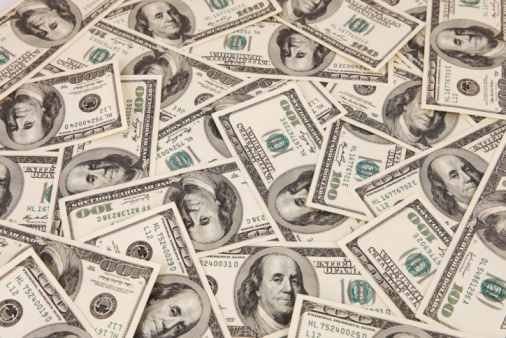
Consensus estimates had called for month-over-month growth of 0.2% in personal income and 0.3% in spending.
Some of the details are disheartening. Private wages and salaries fell $15.3 billion in July after an increase of $31.3 billion in June. The impact of federal budget cuts reduced government wages and salaries by $7.7 billion in July, compared with a drop of $700 million in June.
Current taxes decreased by $7.8 billion, after an increase of $11 billion in June. Falling wages and salaries pave the road for lower tax collections.
The personal savings rate was essentially unchanged month-over-month at 4.4%.
The core PCE price index rose 0.1% in July compared with a rise of 0.2% in June. Annualized, that calculates out to an inflation rate of 1.2%, and could be a signal to the Fed to keep the stimulus spending at current levels when the FOMC meets next month. There are many economists and arguments supporting more inflation as a way to boost employment.
Find a Qualified Financial Advisor (Sponsor)
Finding a qualified financial advisor doesn’t have to be hard. SmartAsset’s free tool matches you with up to 3 fiduciary financial advisors in your area in 5 minutes. Each advisor has been vetted by SmartAsset and is held to a fiduciary standard to act in your best interests. If you’re ready to be matched with local advisors that can help you achieve your financial goals, get started now.
Thank you for reading! Have some feedback for us?
Contact the 24/7 Wall St. editorial team.


